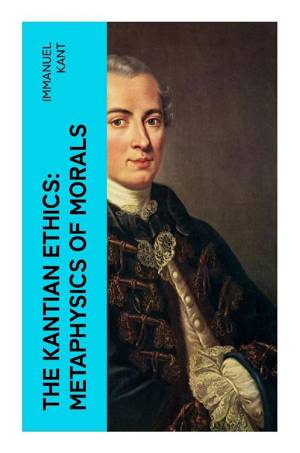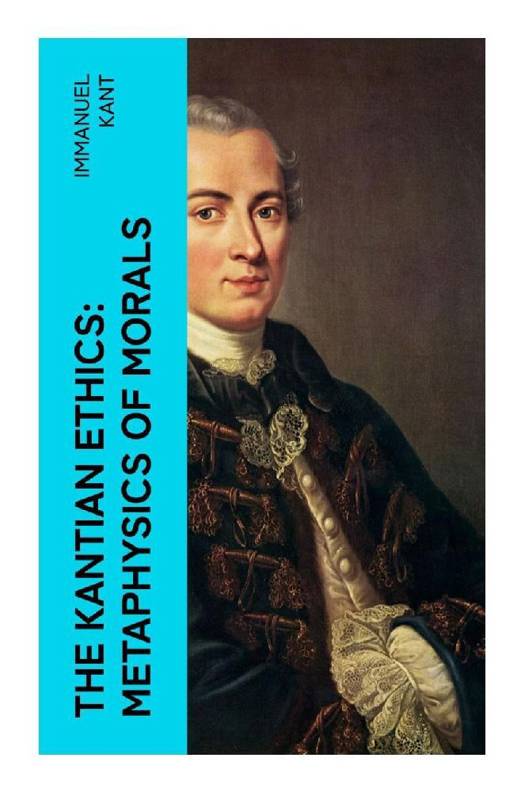
Door een staking bij bpost kan je online bestelling op dit moment iets langer onderweg zijn dan voorzien. Dringend iets nodig? Onze winkels ontvangen jou met open armen!
- Afhalen na 1 uur in een winkel met voorraad
- Gratis thuislevering in België vanaf € 30
- Ruim aanbod met 7 miljoen producten
Door een staking bij bpost kan je online bestelling op dit moment iets langer onderweg zijn dan voorzien. Dringend iets nodig? Onze winkels ontvangen jou met open armen!
- Afhalen na 1 uur in een winkel met voorraad
- Gratis thuislevering in België vanaf € 30
- Ruim aanbod met 7 miljoen producten
Zoeken
The Kantian Ethics: Metaphysics of Morals
Philosophy of Law & The Doctrine of Virtue; Perpetual Peace; The Critique of Practical Reason
Immanuel Kant
Paperback | Engels
€ 20,95
+ 41 punten
Omschrijving
Immanuel Kant's "The Kantian Ethics: Metaphysics of Morals" delves into the critical foundations of ethical theory, emphasizing the importance of duty and the categorical imperative. This seminal work, composed during the late 18th century, navigates through complex philosophical terrain, employing a rigorous analytical style that melds metaphysical inquiry with moral philosophy. Kant articulates a profound ethical framework asserting that morality is rooted in rationality and the autonomy of the will, challenging contemporary moral positions and establishing a pivotal contribution to deontological ethics. Kant, a luminary of the Enlightenment, was profoundly influenced by the intellectual climate of his time, characterized by a quest for reason and individualism. His experiences in the shifting landscapes of European philosophy, particularly the decline of metaphysical speculation and rise of empirical thought, equipped him with the tools to confront moral relativism. This backdrop enriched his understanding of human nature, responsibility, and the principles governing ethical behavior, ultimately prompting him to seek a universal moral law transcending subjective inclinations. This book is essential for readers interested in moral philosophy, ethics, and Kant's broader philosophical system. It challenges readers to critically engage with the concept of morality beyond personal or societal norms, inviting scholars and enthusiasts alike to explore the ambitious project of defining a rational moral law that underpins human dignity.
Specificaties
Betrokkenen
- Auteur(s):
- Uitgeverij:
Inhoud
- Aantal bladzijden:
- 404
- Taal:
- Engels
Eigenschappen
- Productcode (EAN):
- 9788027386055
- Uitvoering:
- Paperback
- Afmetingen:
- 152 mm x 229 mm
- Gewicht:
- 563 g

Alleen bij Standaard Boekhandel
+ 41 punten op je klantenkaart van Standaard Boekhandel
Beoordelingen
We publiceren alleen reviews die voldoen aan de voorwaarden voor reviews. Bekijk onze voorwaarden voor reviews.











